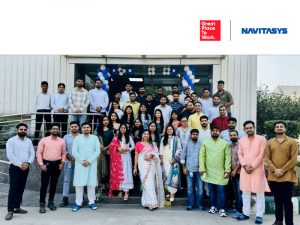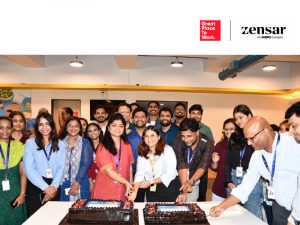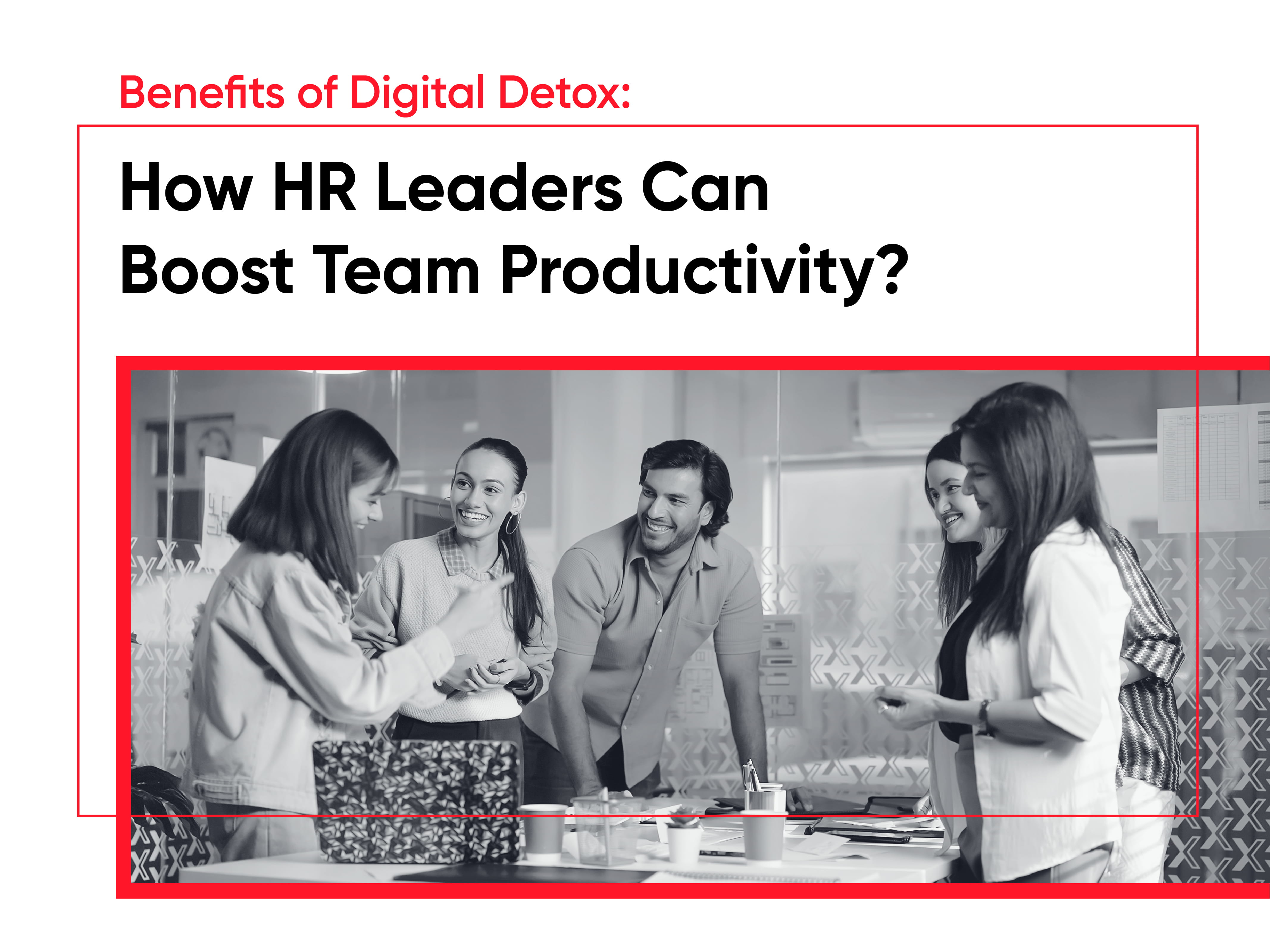A lot has been going on in the retail industry in the past year. According to our recent research report, the RBI’s Consumer Confidence Index stands as a beacon of optimism, maintaining its upward trajectory into 2024. Despite ongoing debates among economists, RBI research casts doubt on the notion of a K-shaped recovery post-pandemic, suggesting a more nuanced reality. One striking trend is the burgeoning Indian middle class, projected to encompass around 60% of the population by 2047, steadily gravitating towards premiumization. Moreover, 2024 and beyond promise a technological revolution, with the widespread adoption of AI, computer vision, 5G, and Edge computing poised to revolutionize the shopping experience.
This rapid evolution hints at a future where personalized and omnichannel retail experiences become the norm, profoundly reshaping consumer behavior and expectations. As we dive deeper, these insights paint a picture of big changes ahead, showing us how economic shifts and what consumers want are coming together.
Perception of Workplace
After enjoying years of stability, there’s been a slight dip in how organizations in the retail sector perceive themselves as great workplaces, with a 1% decrease reported in 2024. Despite this, around 87% of most employees still believe their organization is a great place to work. However, this decline is particularly notable among female employees, where the perception of being a great workplace among employers has dropped by 4%.

Looking closer at the employee sentiment, while female employees in the retail sector may not explicitly sense gender bias in their workplaces, their perception of equity and impartiality trails behind their male counterparts by nearly 7%. Despite this gap, male and female retail employees generally believe they are treated fairly, irrespective of gender. This suggests a positive overall environment in the sector yet highlights the need for continued efforts to address subtle disparities and ensure equal opportunities for all employees.
The industry Grand Mean Trust Index has remained stable at 85% for the last 2 years but is at risk of slipping. Employee perceptions within the retail sector have shown positive shifts in certain areas, notably in celebrating special occasions and recognizing unique benefits. However, there has been a decline in perception regarding management’s proficiency in hiring the right talent, avoiding micromanagement, empowering employees with responsibilities, and illustrating how their roles contribute to the organization’s goals. These trends indicate a need for focused attention on refining managerial strategies and fostering a more transparent and empowering work environment within the retail industry.

Apart from that, employees generally feel secure in their physical work environment, take pride in their employer’s brand, regard their management as competent, and do not detect instances of caste-based discrimination. However, the most notable areas of discontent among employees lie in the fairness of promotions, equitable compensation, and distribution of profits, as well as concerns regarding workplace politics and favoritism. These disparities underscore significant challenges that the industry must address to cultivate a more transparent and equitable workplace culture.
For employees in the retail industry, the strongest drivers of their employer’s perception and workplace satisfaction are the opportunities for career growth and management taking action on employee feedback.
The Retail Industry Stays Ahead in all Parameters
In the retail industry, many employees feel they enjoy distinctive benefits and receive a fair share of profits, surpassing their counterparts in other sectors. Nevertheless, there remains room for improvement in addressing employees’ perceptions of bias related to gender and sexual orientation, particularly when compared to other industries. This indicates a crucial area where the retail sector can focus efforts to create more inclusive and equitable workplaces.
Best Workplaces Maintain a Trust Index score of 88%
In the retail industry, female employees report a lower positive experience with micromanagement compared to their male peers. Likewise, the Best workplaces outperform others considerably in avoiding micromanagement (8%). Additionally, Best Workplaces do a better job of avoiding politicking and backstabbing in the workplace (8%) and GenZ employees perceive this more strongly than their peers. Although the Best Workplaces are leading in these areas as compared to the rest, they too have scope for improving the workplace experience of their employees.

Need of the Hour: Building Gender Equity at the Workplace
To build an equitable work environment, leaders must create an environment where women can thrive, and find opportunities for mentorship, visibility, and connection.
- Identify and develop plans to close the pay gap. According to data from Pew Research, in 2022, women across industries earned an average of 82% of what men earned. In 2002, it was 80%.
- Find the potential in people they may not see in themselves. Leaders have to be willing to put faith in people who don’t have the credentials or the experience that might make them a more comfortable choice for a role.
- Offer a warm welcome when women join your organization. Whether or not an employee feels comfortable bringing their full self to work is often influenced by the onboarding process.
- Ensure women have visibility. As many companies are laser-focused on performance and productivity for 2024, it’s crucial that women have visibility with top leaders.
- Help women tell their stories. Provide employees the opportunity to share their life experiences with the wider organization.
The Indian retail industry is poised for exciting growth, but its success hinges on creating a truly equitable workplace. The path forward lies in fostering a culture of transparency, empowerment, and equal opportunity for all. Leaders must prioritize closing the gender gap, providing strong mentorship for women, and ensuring fair compensation. By actively addressing these issues, the retail industry can build a workforce that thrives and reflects the diverse customer base it serves. This commitment to equity will benefit employees and contribute to the long-term success of the industry as a whole. Visit us here to know more.











